As Women’s History Month came to an end last week, it doesn’t mean there is an expiration date for highlighting leadership women in different fields and the hard work they have done to get to where they are today.
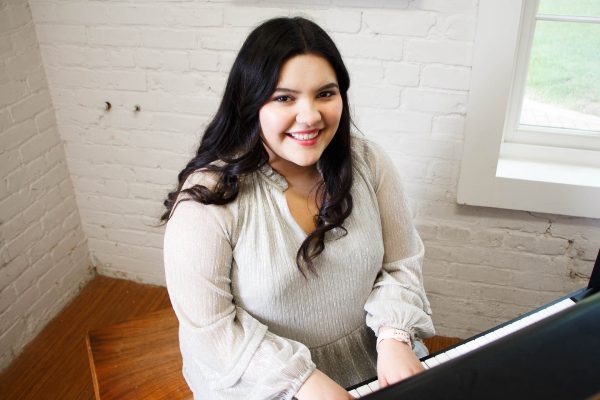
Can you share a significant accomplishment you have achieved in your academic journey or professional career?
I think the biggest accomplishment of my life is getting to come to college as a first-generation student and American with a full ride scholarship. I am really focused on making my parents proud and becoming something greater than I was ever supposed to be. It can be hard to feel proud sometimes, but at the same time, I am proud of what I’ve overcome this far and I think I’m even prouder of myself for not letting that stop and keep going.
Have you faced any challenges or barriers in your academic or professional paths/goals? And how did you overcome them?
I always say ‘What barriers have I not faced,’ you know. I could talk all day about the lack of representation in musical theater right, there are just so many challenges, but I don’t think challenges make me, I think I make me. I’m eternally grateful for all the women of color who have paved the path before me and who are continuing to pave it for me. It’s really about pursuing what you love and not letting anyone else get in the way of that — it’s terrifying. I’m terrified every single day. But my mom, who is the woman I probably look after the most, always says: ‘Yo Vivo en Victoria.’ I think that positive mindset and trusting that you will get there eventually with your hard work is the only thing I can do, because if I let it all consume me, I won’t get anywhere. Like her, I live in victory of everything I have and can accomplish.
What steps can be taken to ensure that Women’s History Month serves more than just a symbolic month?
I think that’s so hard because there’s a big fuss over Women’s History Month but not enough about change. There’s so much work that needs to be done, but I think that the start is to just have more inclusivity of women — and different types of women, you know, not just a certain kind. I would love to see more women, even on this campus, being involved and empowered in leadership roles, I think it would be such a lovely thing. I would also love, specifically in my field, to have more women being able to tell stories and not be limited by the way they look.
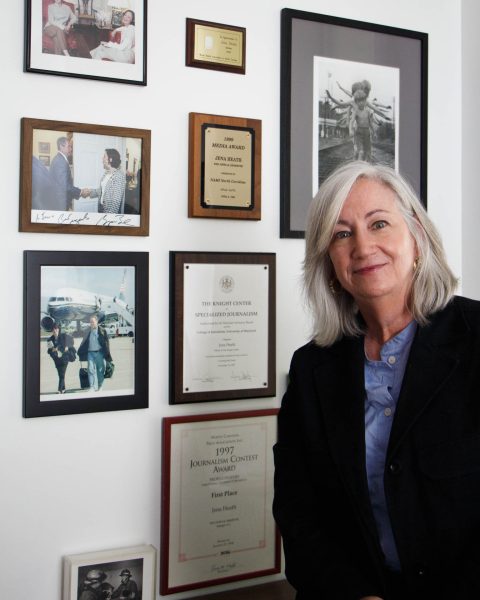
Can you share a significant accomplishment you have achieved in your academic journey or professional career?
Probably covering the White House. I covered the 2000 presidential campaign of George W. Bush and the White House. The Supreme Court had to figure out who the president was going to be. It was truly a moment where we watched a democracy in crisis move through it and have a smooth transition of power. And then, of course, eight months into the Bush administration the terrorist attacks of Sept. 11 happened. I was in Washington covering the White House during all of that. It was really hard work, very intense, it was important.
Have you faced any challenges or barriers in your academic or professional paths/goals? And how did you overcome them?
There was a certain low-level kind of bantering sexism when I covered the legislature in North Carolina during the early-mid nineties. Some of the older guys who were legislators and who had been there for a while had a way of talking to women, particularly young women, that wouldn’t fly now. When I was condescended to I thought ‘I’m gonna show you,’ and I would write some really kick-ass story and that would be the end of being condescended to. I think a lot of times, the best way to establish yourself is to do really good work, maybe work that’s a little scary — and then, all of a sudden, you’re not the little lady anymore. You’ve got a seat at the table. You mark your place, in my view, through really pushing forward and doing work that is challenging and makes people notice what you’re all about.
What steps can be taken to ensure that Women’s History Month serves more than just a symbolic month?
I really believe that it is the structures that must change. We need paid quality child care. The quality of the schools our children go to shouldn’t depend on what town we live in, what the tax base is or whether we can afford private school tuition. We need a society that does not force women, because it is usually women having to make this decision, to choose between their personal and professional lives. We need pay parity, which we still do not have. The United States has a long way to go in this way — and it’s an every day of the week, every month of the year thing. Voting, getting involved, understanding how the levers of society work and how they have disenfranchised women, and continuing to correct all that is how you make Women’s History Month last more than a month.
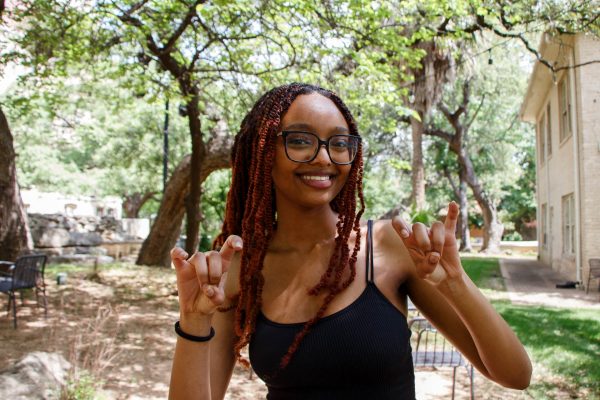
Can you share a significant accomplishment you have achieved in your academic journey or professional career?
I never really saw myself as capable in any of the hard sciences, like chemistry or biology. So I think one of my biggest accomplishments is realizing that I’m very capable in this field, and not only capable, I’m very good at it. I’ve had the opportunity to be a teaching assistant in biology, chemistry and SFI biology. I’m just proud I went from point A to point B, it feels very good.
Have you faced any challenges or barriers in your academic or professional paths/goals? And how did you overcome them?
Initially, in middle and high school, I didn’t perform as well as my brother and a lot of people had low expectations for me. They would say ‘Oh Honey will do what she wants’ but what they really meant was ‘Honey is just gonna do what she can do.’ So for the longest time, I avoided going to pre-med, but I’m happy I got into it. On top of that, I remember during my application for the school, there was a lot of tension in Ethiopia between different ethnic groups — a cause for the government to literally shut down the Wi-Fi. To this place, I nearly gave up, but my grandmother started telling me how she never got the chance to go to school because she married young at 14, and her husband did not allow her to go to school. Even though some people did not always believe in my competences, my grandma always told me how grateful and proud of me she was, that not only did I go to a good school but a school in the States. She made me realize I can’t just give up.
What steps can be taken to ensure that Women’s History Month serves more than just a symbolic month?
I feel like, because it’s a specific month, suddenly they’re teaching about women, but once that month is over, it’s just back to your regular schedule. To properly celebrate women, it is necessary to acknowledge women in every field for their accomplishments, historically and now, and teach people. ‘Did you know the discovery of the DNA’s structure was because of women? And because of Rosalind Franklin?’ It is revolutionary, it makes a huge difference in a lot we do with DNA today, and two men who stole her idea and were celebrated for years. Some textbooks, to this day, will teach that these two men are the founding fathers of the DNA structure. Regardless of where you’re coming from, you are creating a pathway for a lot of different girls. We are creating a huge difference just by existing in our field, so never give up.
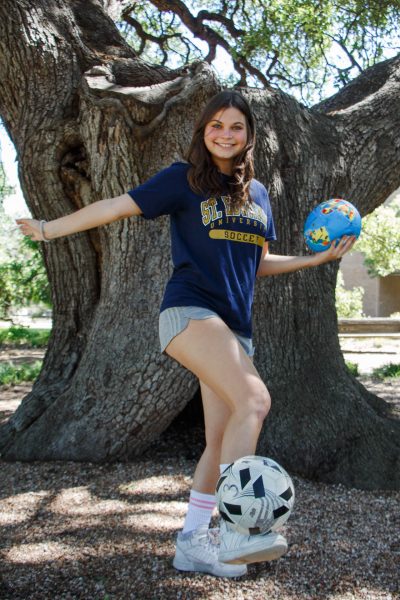
Can you share a significant accomplishment you have achieved in your academic journey or professional career?
With my major here at St. Edward’s, I have been really fulfilled with what I’ve done. So it may not be an award or an accolade, but every project that I’ve done has been really fulfilling or has been like a really great accomplishment. I guess a main one would be taking my research to a conference this semester. It has to do with promoting good soil quality with proper land usage so if you use a food forest, you have better soil and it’s better for the earth and for everything. I got to present it to a bunch of different colleges and they’re all really significant.
Have you faced any challenges or barriers in your academic or professional paths/goals? And how did you overcome them?
I definitely have. I think a lot of it is credibility, you know. I am a young female, I am pretty outspoken I’ll be honest, but sometimes it’s just having the right voice and being listened to. So establishing that credibility is something that I’ve definitely run into. Sometimes people don’t care to listen, you know, ‘Oh you’re cute, thanks for having an opinion’ and it’s like ‘Yeah but actually I’ve done research on this, or studied this, or I have solutions that I have in mind for this.’ I really made that a goal of mine to do the proper diligence first so I knew what I was saying, and when someone decided to call my credibility out, I have accuracy to back up what I’m saying. This is kind of interesting because I went to an all-girls high school, so through my entire high school, I was kind of led in a female empowerment way and using my voice properly, you know, having opinions, not taking the step back and letting other people do these things, putting myself out there. I mean, they were very focused on the female voice and I cannot thank them enough, I really appreciate that because it’s a lot to me to overcome — any obstacles that do come up, I’m able to use my voice as a female, use it properly and respectfully, and I enjoy it and I love being a girl!
What steps can be taken to ensure that Women’s History Month serves more than just a symbolic month?
I think it’s honestly just giving it a voice, I mean, all of us have some of the best opinions I think. When I talk to women, especially about environmental issues, I think we really have the guts to keep it going. I think giving a voice to all the women involved can kind of create a little army of powerful and respectful women.
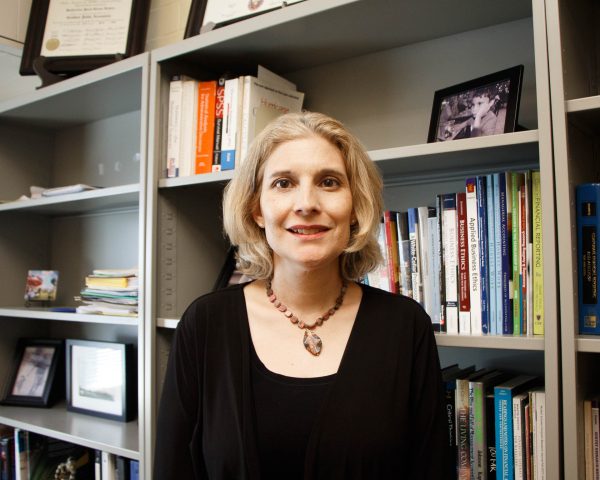
Can you share a significant accomplishment you have achieved in your academic journey or professional career?
Accomplishing tenure was one of my proudest accomplishments that I have done so far. As well as the research that I’m able to do with my colleagues. When I am able to do cross-disciplinary research and get that published with my colleagues, it always makes me smile and is a strong accomplishment.
Have you faced any challenges or barriers in your academic or professional paths/goals? And how did you overcome them?
So I worked at Arthur Anderson before they went under and Arthur Anderson was at the time one of the large big five accounting firms. So as Anderson shut down I’m with my group, believe it or not, went into a law firm for consulting and then from there went into a Ph.D program. I used I guess the catalyst of Anderson shutting down as a way to kind of reevaluate where I wanted to go with my next stop, and that’s when I chose to go into academia. I’m actually very happy with my choice because I get to research, and I get to teach and I’m constantly learning and it has been kind of like a dream for me because I get paid to learn.
Can you share a piece of advice you would offer to a woman who aspires to make a significant impact in their respective field?
What my father taught me is the best thing. I never saw a difference between men and women when going after a career path, and that was the best advice I ever got, even though it wasn’t technically advice. It was just drilled into me that there was absolutely no difference in what you can accomplish. I’ve noticed that mindset has a lot to do with where you go, and having that confidence of who you are and what you are capable of doing. I have had this confidence since I was little, through high school, through college, through my first jobs, through my Ph.D program, even when I was negotiating for jobs — and it has never ever failed me.


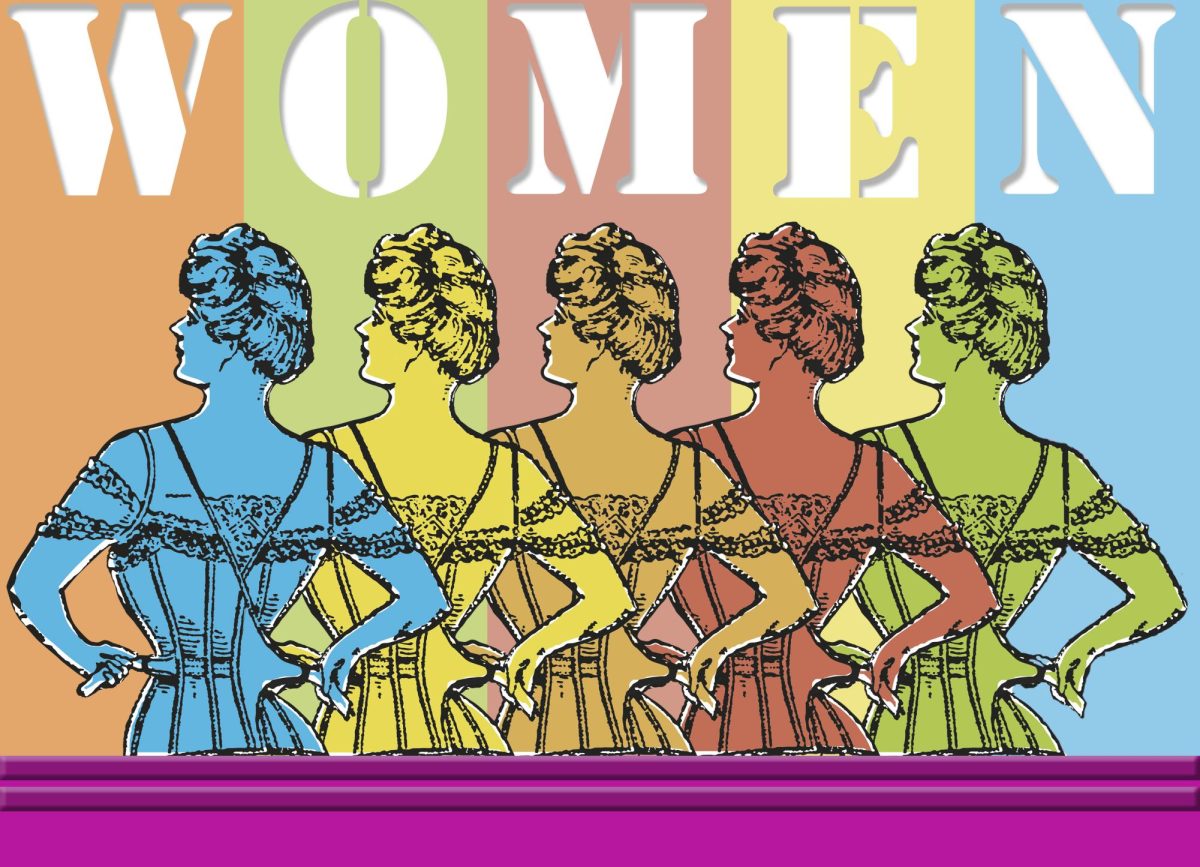
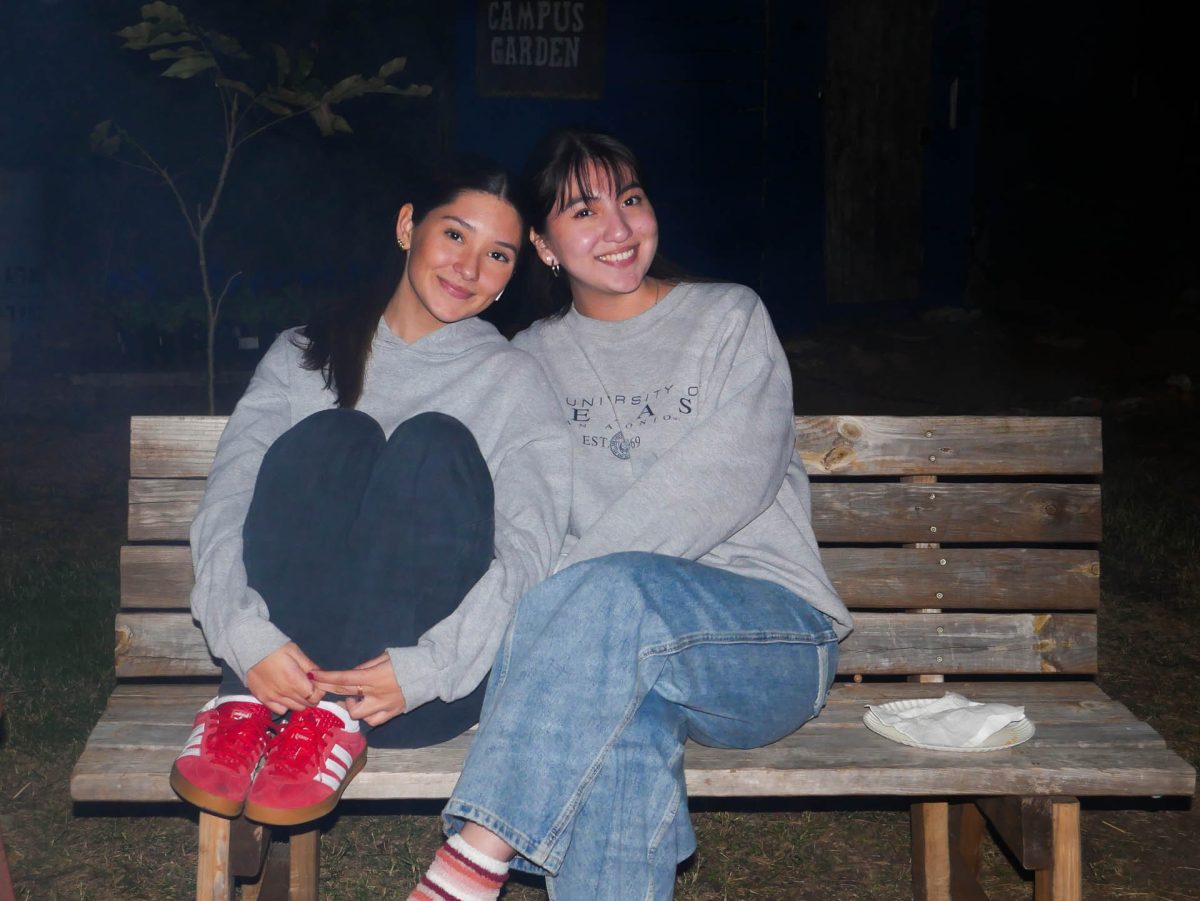
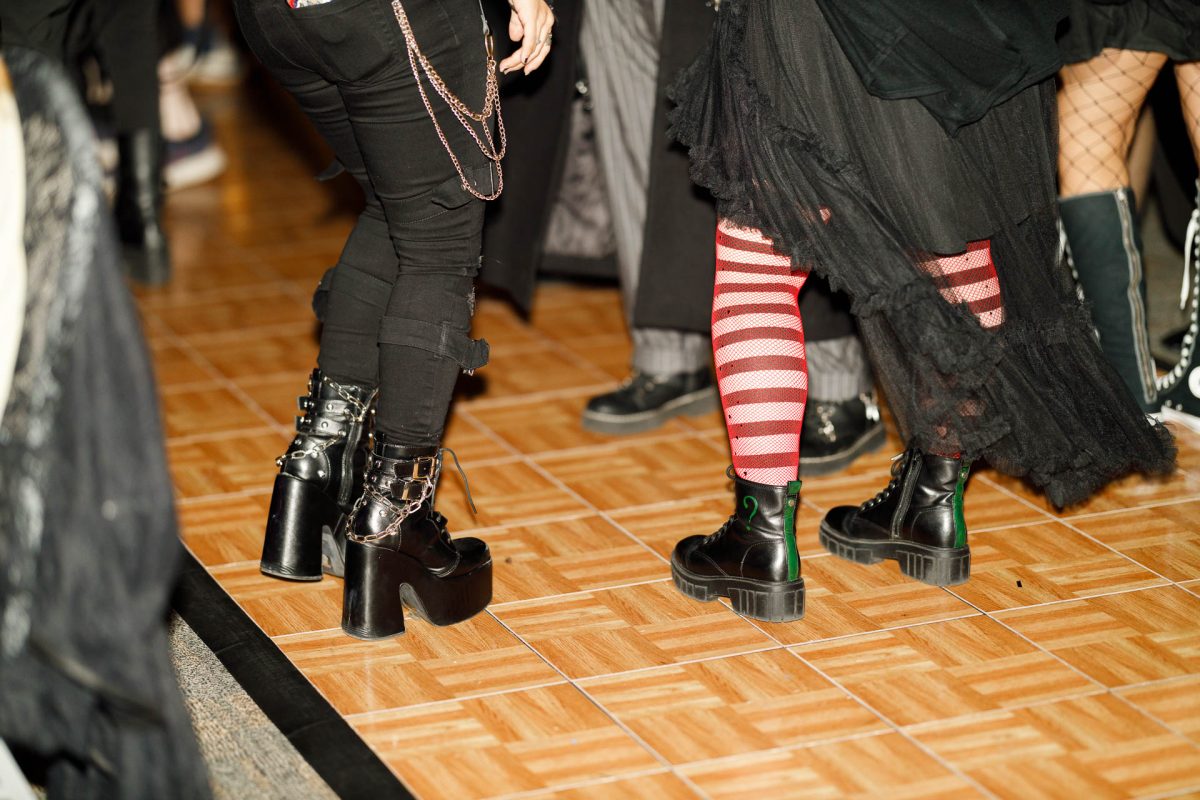
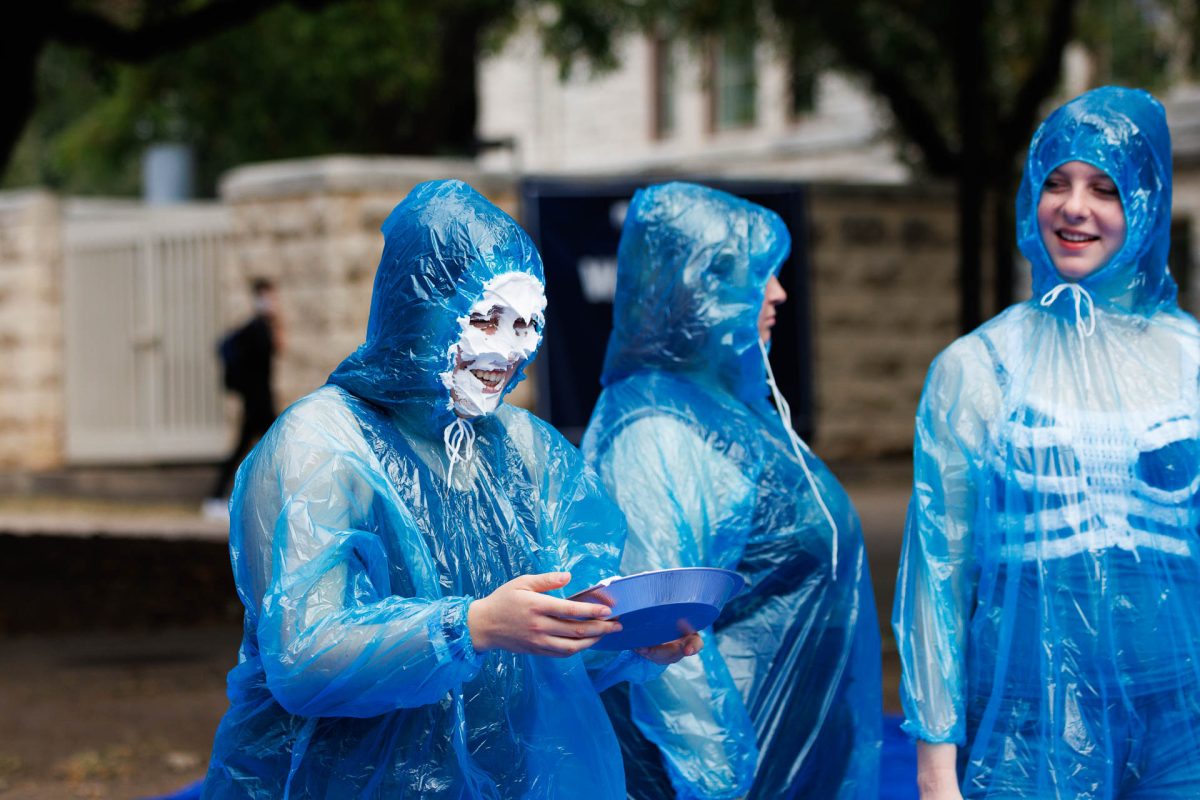
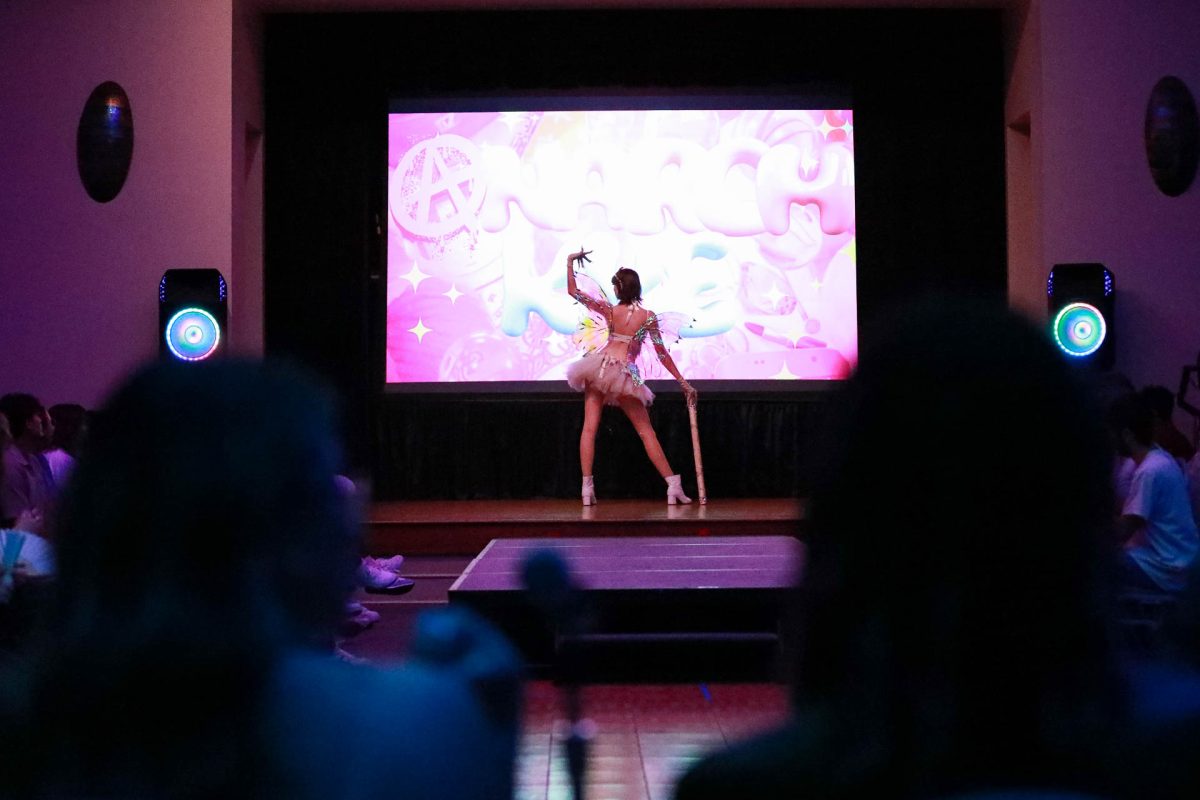
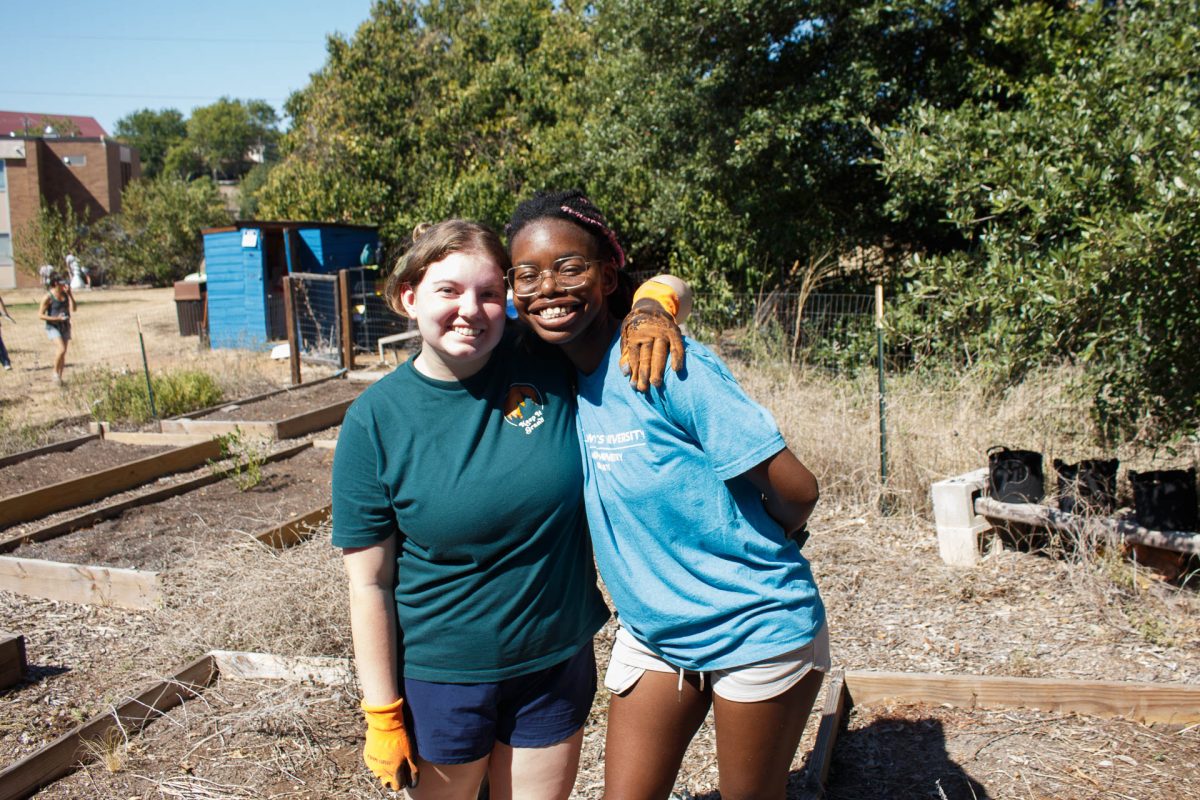

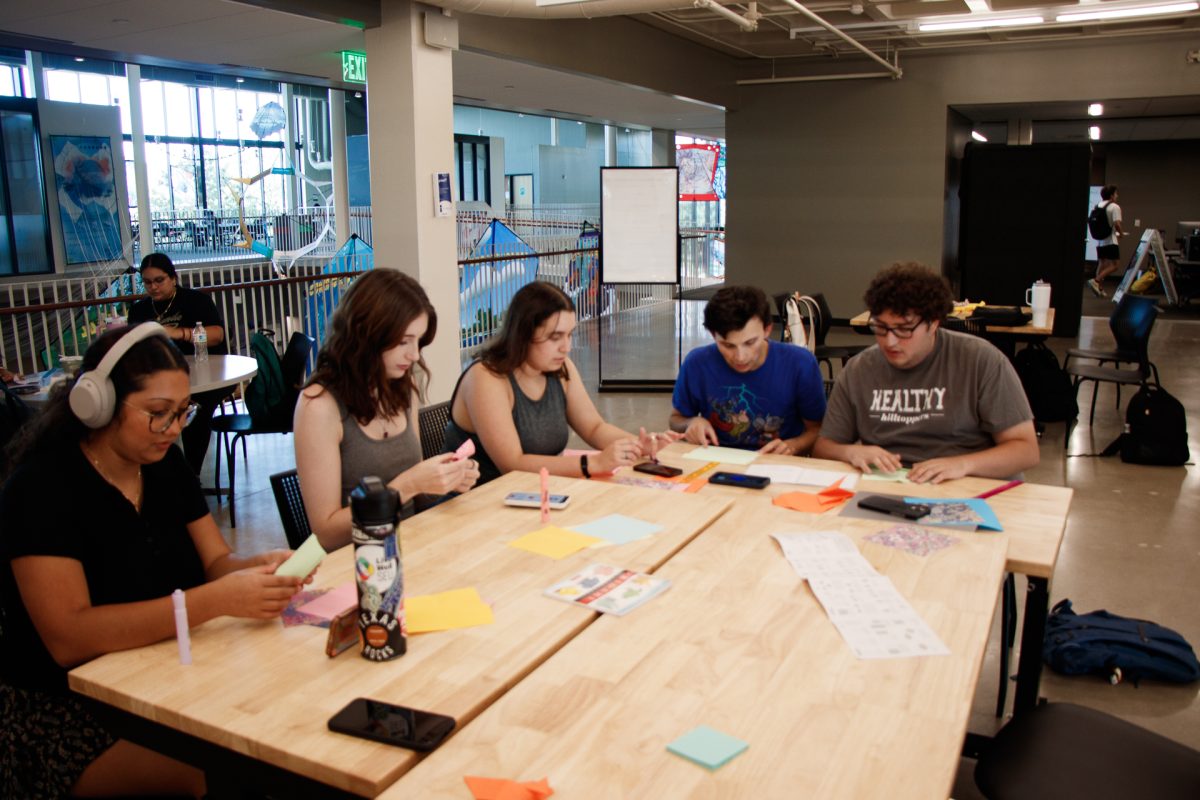
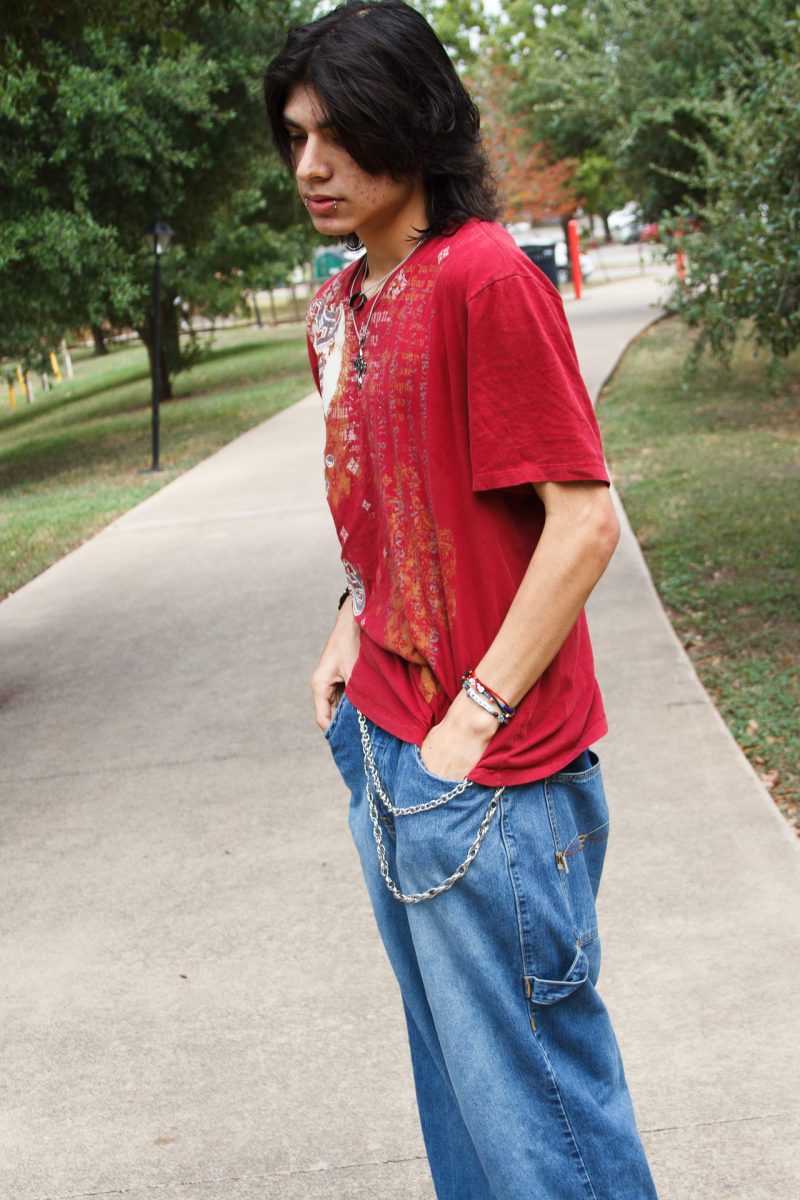
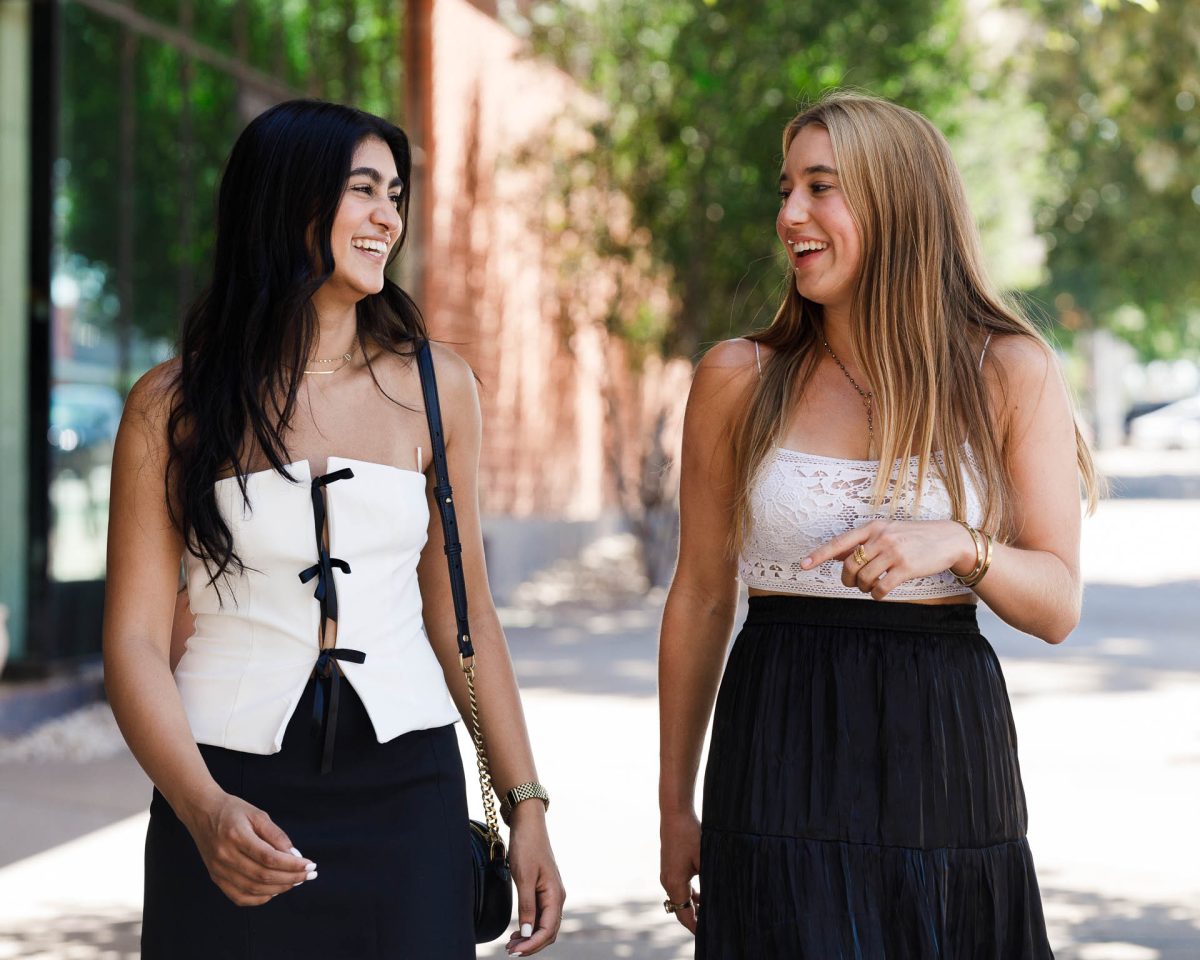
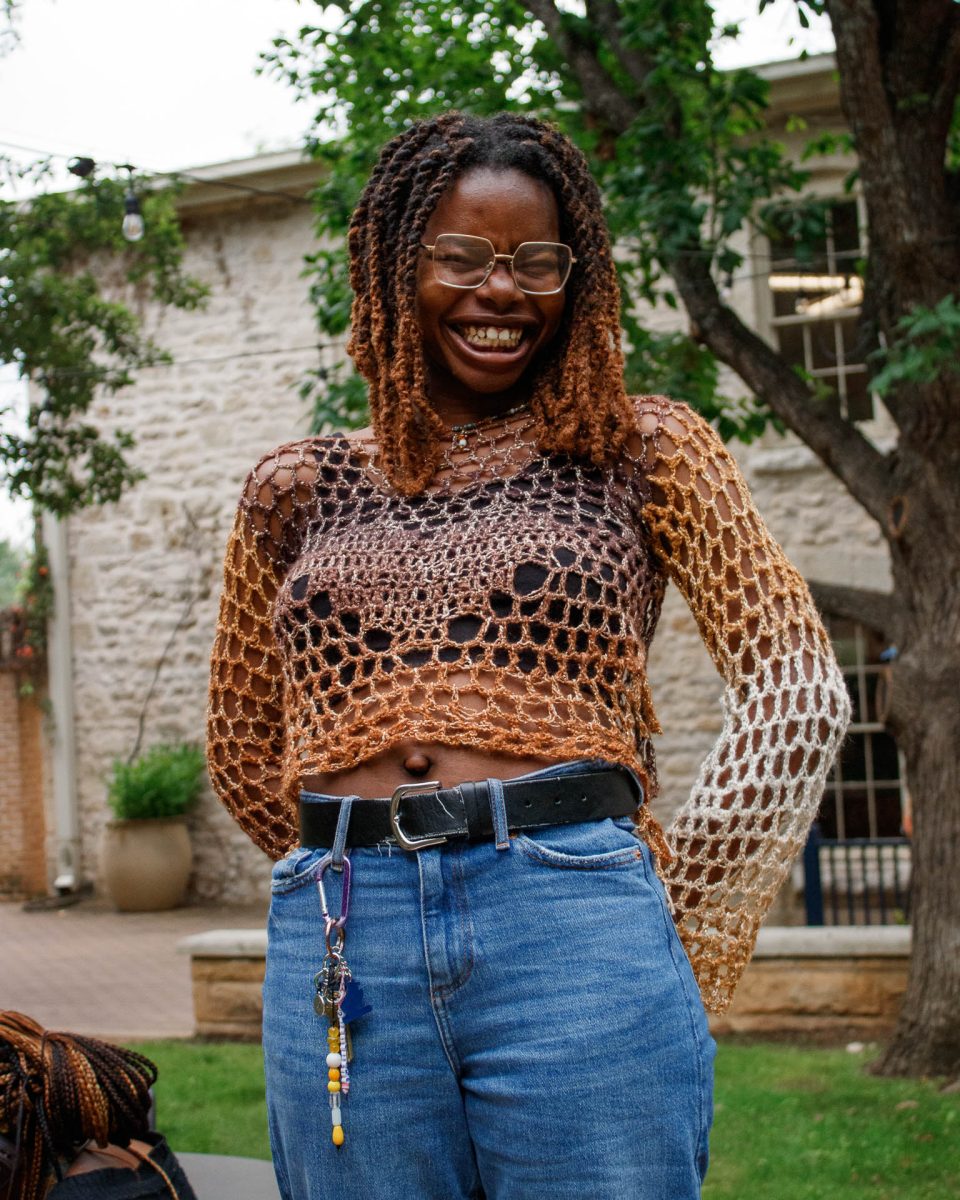
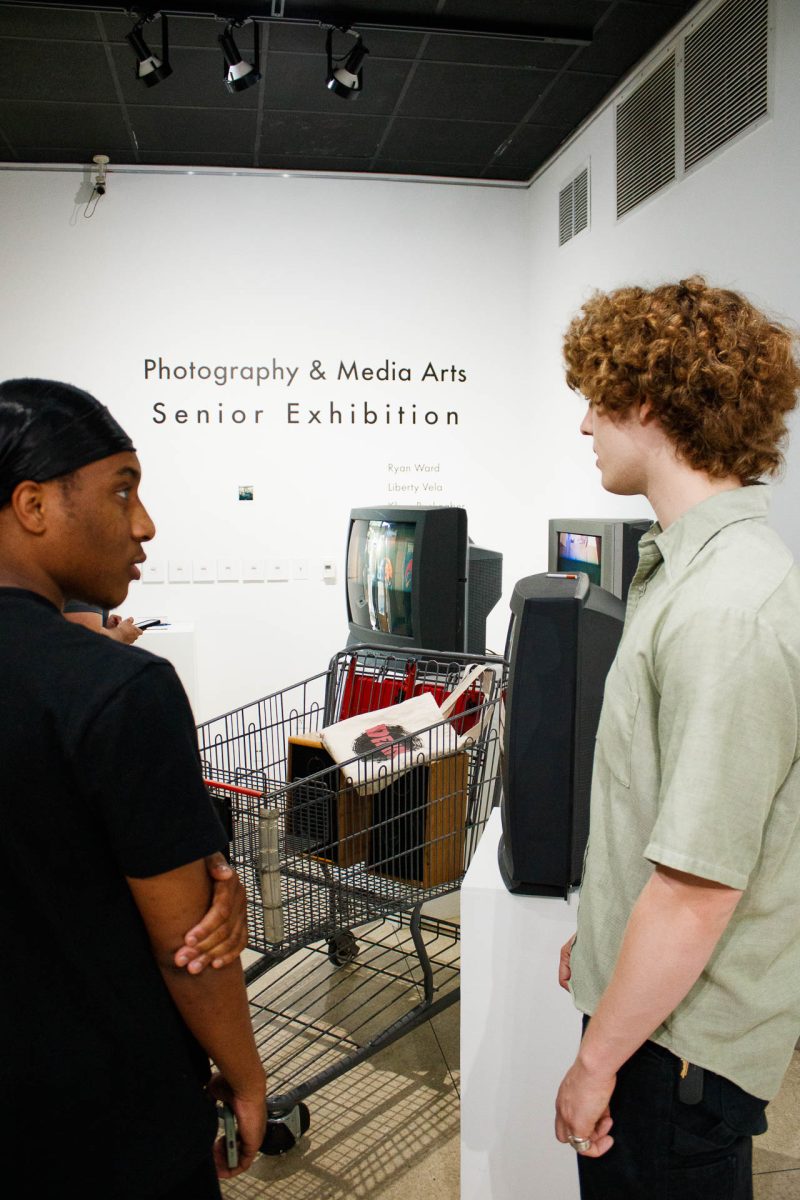
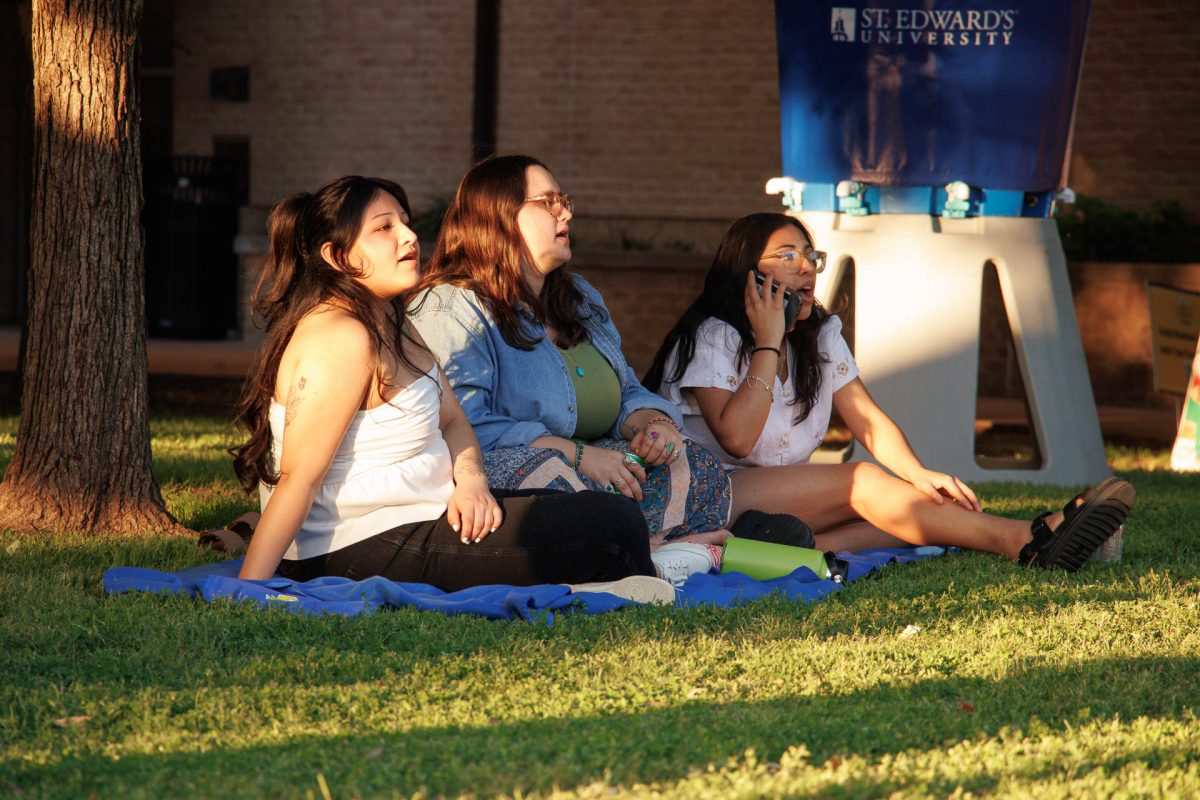
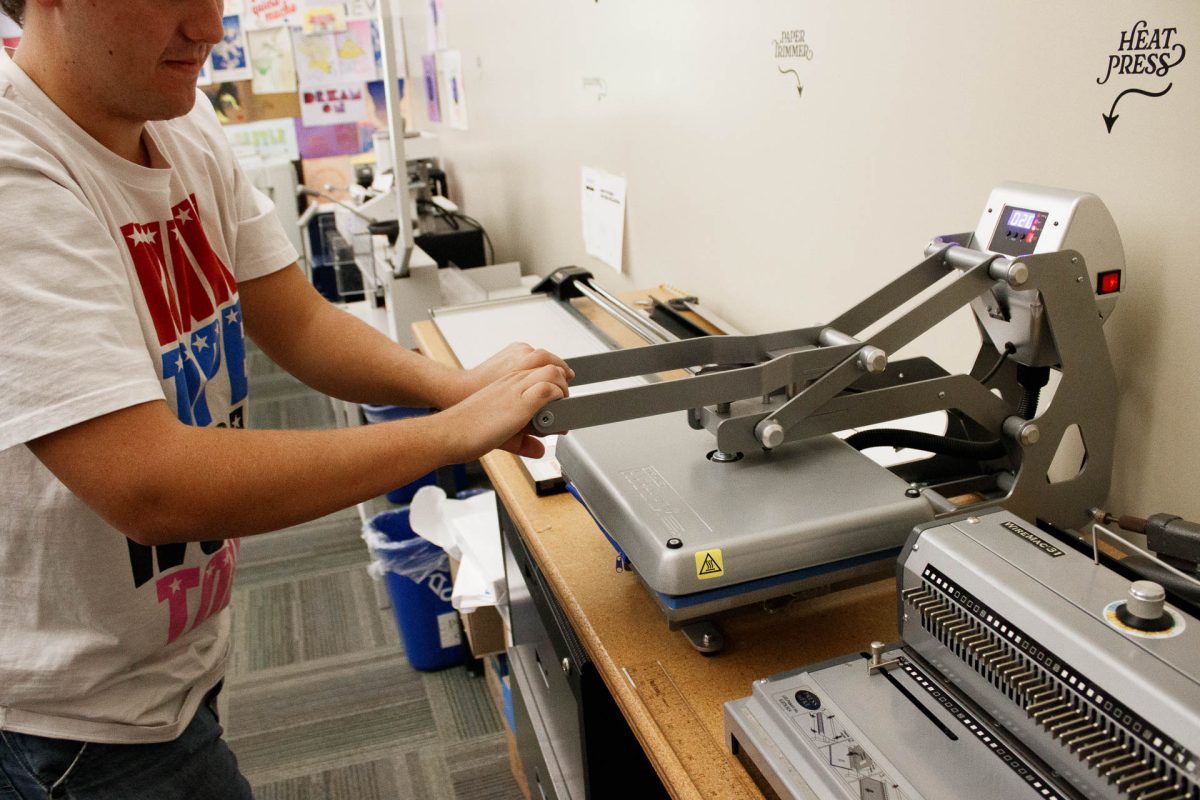
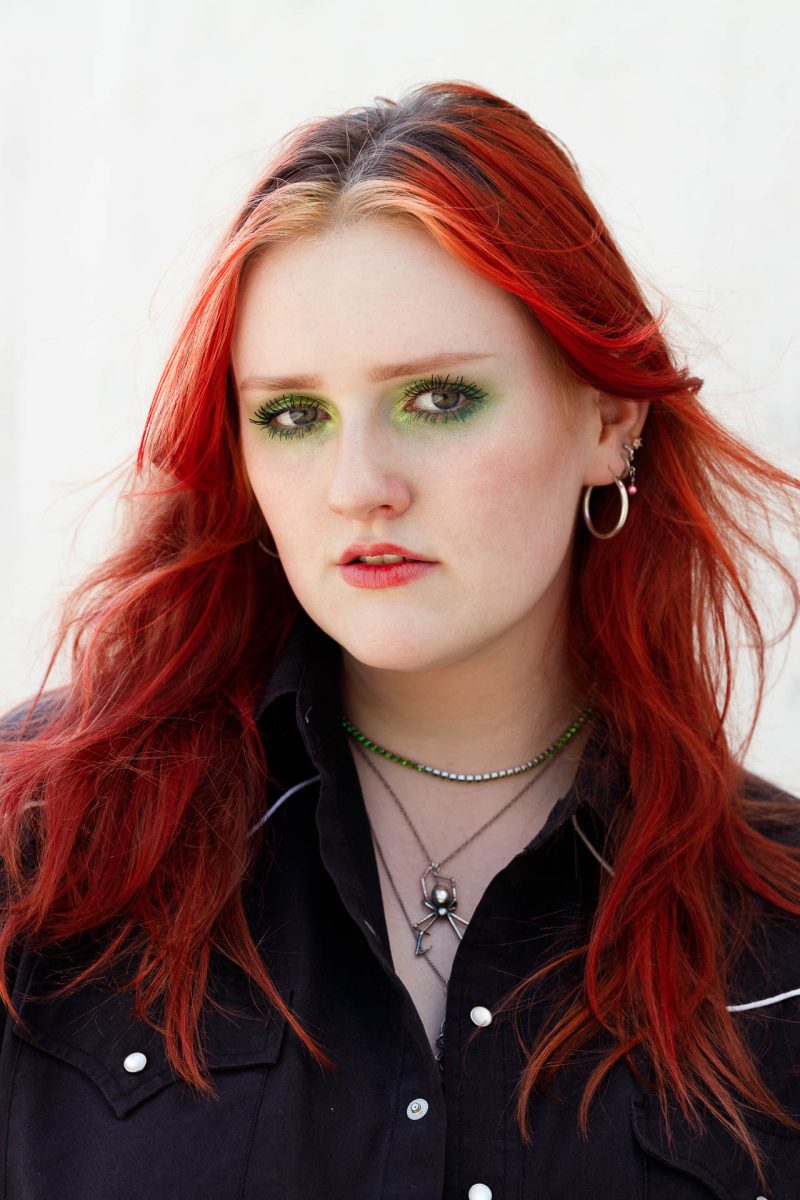
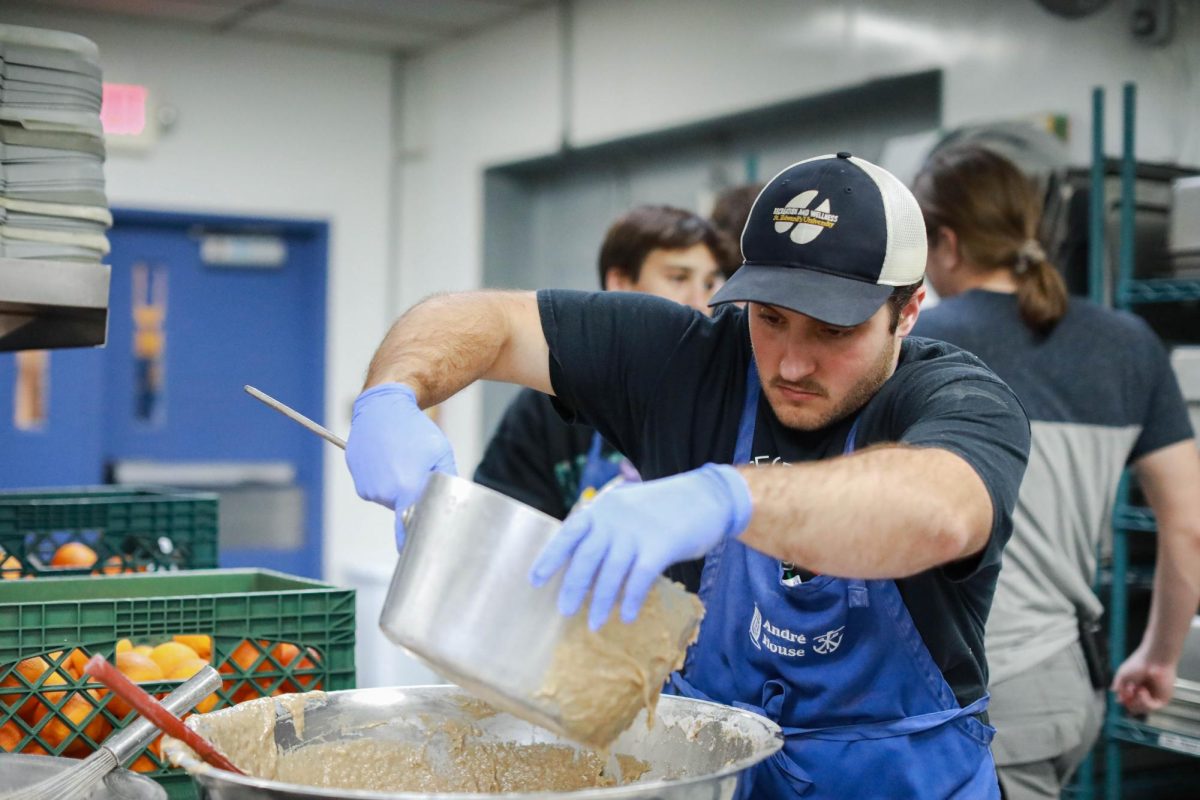
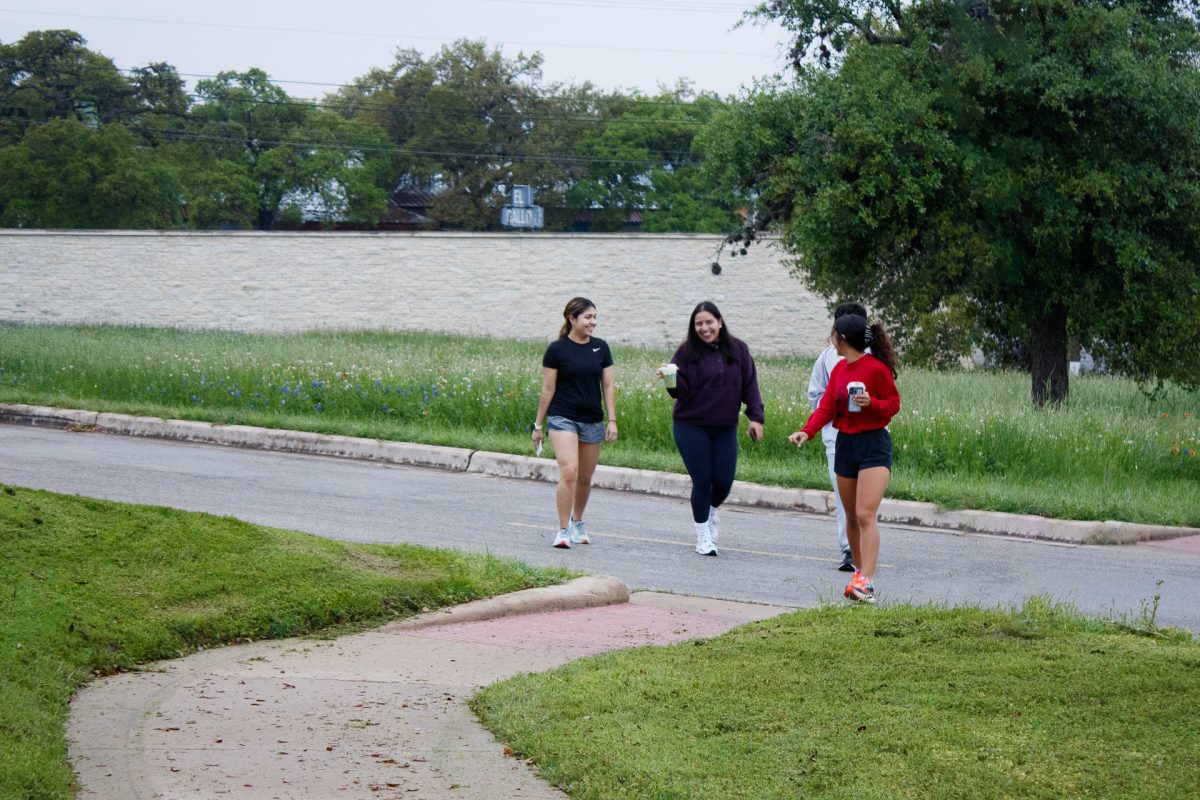
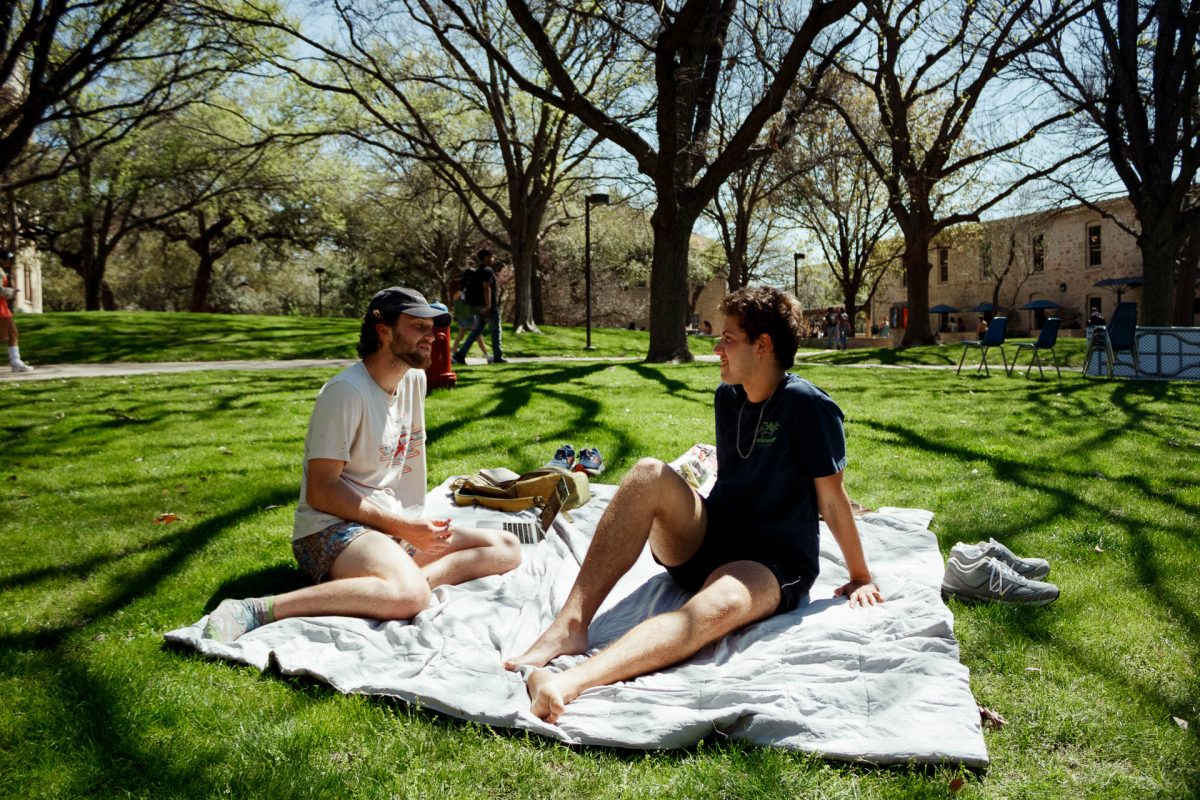
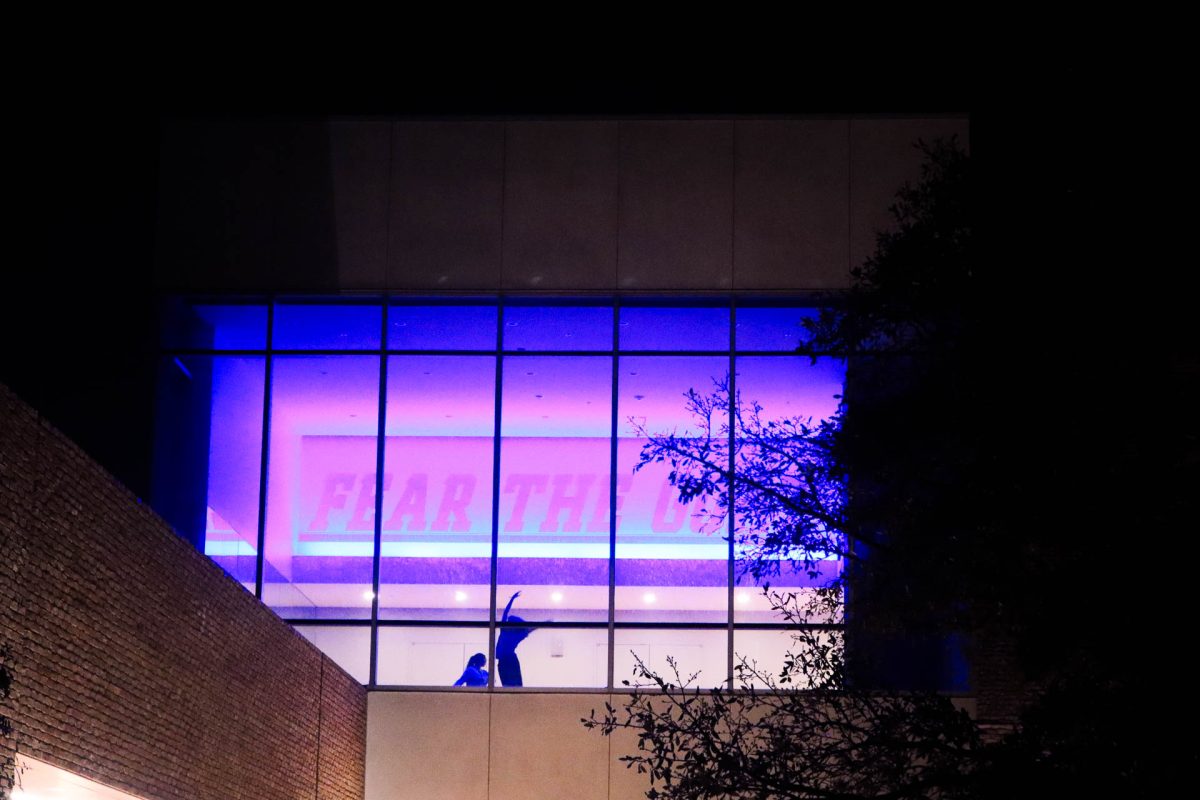
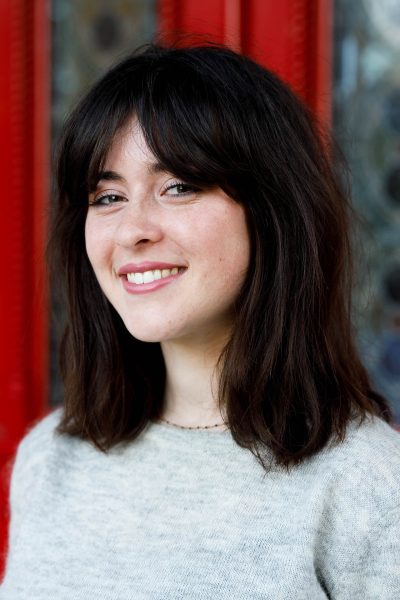
Castex Denise • Apr 16, 2024 at 1:28 am
In the United States, women’s month, in France one day. There is still a long way to go to highlight the women around the world who work every day for a better world and to find their place. Congratulations on your articles Gaby.
Brian Moloney • Apr 12, 2024 at 3:34 pm
Love the empowerment and all the diverse fantastic stories. Bonne travail GC